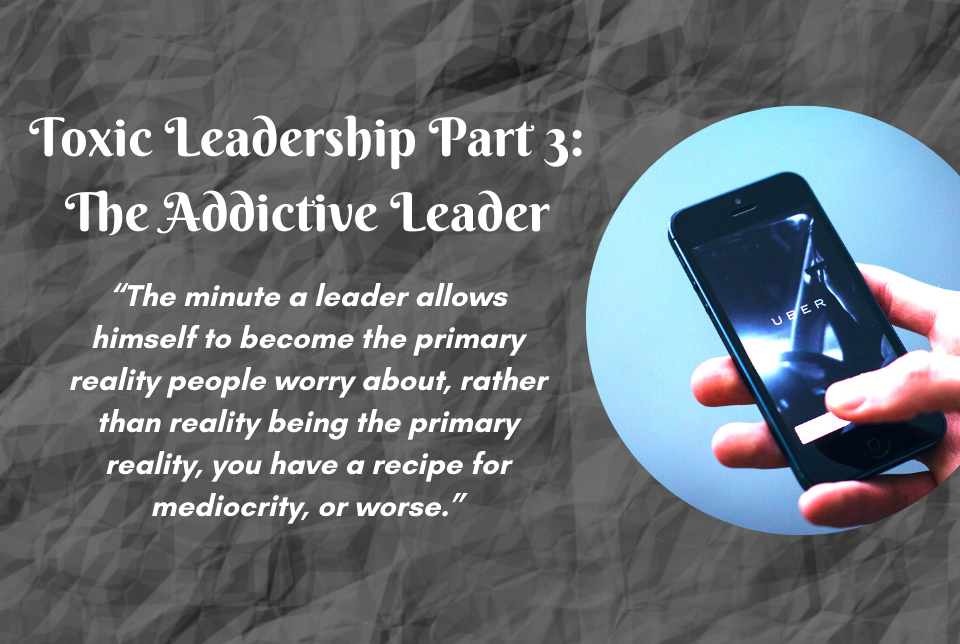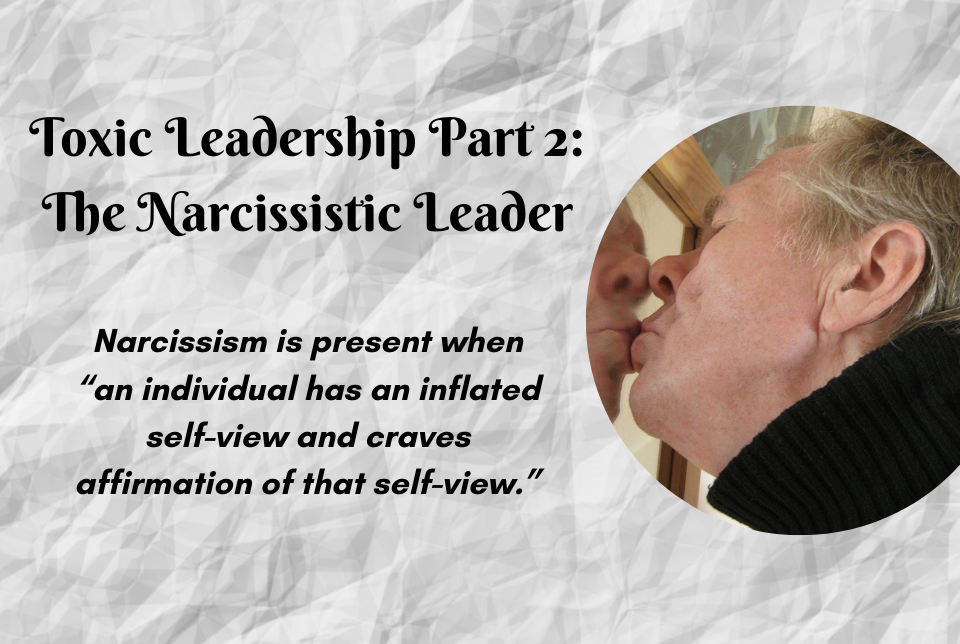Your Mindset of Leading – Part 1
Is servant leadership just another leadership theory, or approach or style of leading?
If so, servant leadership becomes just another choice we make when to fit our leadership situation. Sometimes, when it works best for us, we can choose a servant-minded approach in hopes that employees will like us and become more engaged in their work. But, when things get tough, we may need to jettison the servant approach and become authoritarian or autocratic. After all, we are the leaders. We need to get the job done.
But, what if servant leadership is not a leadership style or approach, one among many, that can be used or rejected according to the situation? What if servant leadership is better understood as a mindset of leading; as is a unique and consistent way of thinking about our role as leaders, about those we lead and about the purpose of leadership itself?
To understand this better, consider three very different mindsets of leadership:
Servant leadership is a mindset that puts others first over our own self-interest. We use our authority as leaders to empower our followers and we treat them, not as our servants, but as adult partners. This mindset of leading has the best chance of creating engagement for workers because now they are empowered to lead and to create. They are expected and encouraged to solve problems and to provide new ideas and insights. Servant leaders create empowered and engaged workers who are allowed themselves to develop as servant leaders.
Autocratic leadership is a mindset characterized by the self-focus of the leader. It is all about him or her and the worker becomes a means to an end; an end that the leader has determined. Power is used over others to gain what the leader wants. This mindset of leading produces high levels of fear and uncertainty in the worker and forces them to disengage or even to become actively disengaged fighting against the leaders and the organization. This mindset of leading is all too common and accounts for about 1/3 of the leadership in organizations today.
But, the most practiced mindset of leadership in the world today is paternalistic leadership. In this mindset the leader is the kindly, benevolent father (or mother) who cares for the worker and takes care of him but expects obedience and deference in return. The parental leader combines authoritarianism with benevolence and because of this kindly approach this positive paternalism is often mistaken for servant leadership.
Definitions compared between autocratic, paternalistic, and servant leadership:
Autocratic leadership
Autocratic leadership is a mindset through which the leader uses authoritarian power to control followers with an exploitative approach to serve the needs and desires of the leader at the expense of the well- being of the followers.
Parental/paternalistic leadership
Parental/paternalistic leadership is a mindset through which the leader uses authoritarian power over followers with a benevolent approach to serve the collective group within the organization while creating a parent/child relationship between leaders and followers with an expectation of compliance, loyalty, and deference.
Servant leadership
Servant leadership is a mindset through which the leader uses power to serve the needs of followers over the leader’s self-interest while creating an adult partnership relationship between leaders and followers that allows everyone to both lead and serve. (Laub, 2017, p. 175)
Servant leadership is not a nice, kind, benevolent way of leading. It is a mindset of leading that has very high expectations of the workers. When the servant leader empowers workers they are fully expected to use that power to lead and serve others. When the servant leader works to create a relationship of adult partnership with the workers, they then are expected to move beyond disengagement to full engagement in the work.
The great news here is that is what workers want as well; to be fully and meaningfully engaged in their work. To truly make a difference in the work. To use their gifts and skills to fulfill their unique potential.
Our mindset of leading matters. And each of us, as leaders, choose our leadership mindset daily.
Your Fellow Servant,
Jim
__________________________________________________________________________
Laub, J.A. (2017). 40 days toward a servant leader mindset. Jupiter, Florida: Servant Leader Performance.







